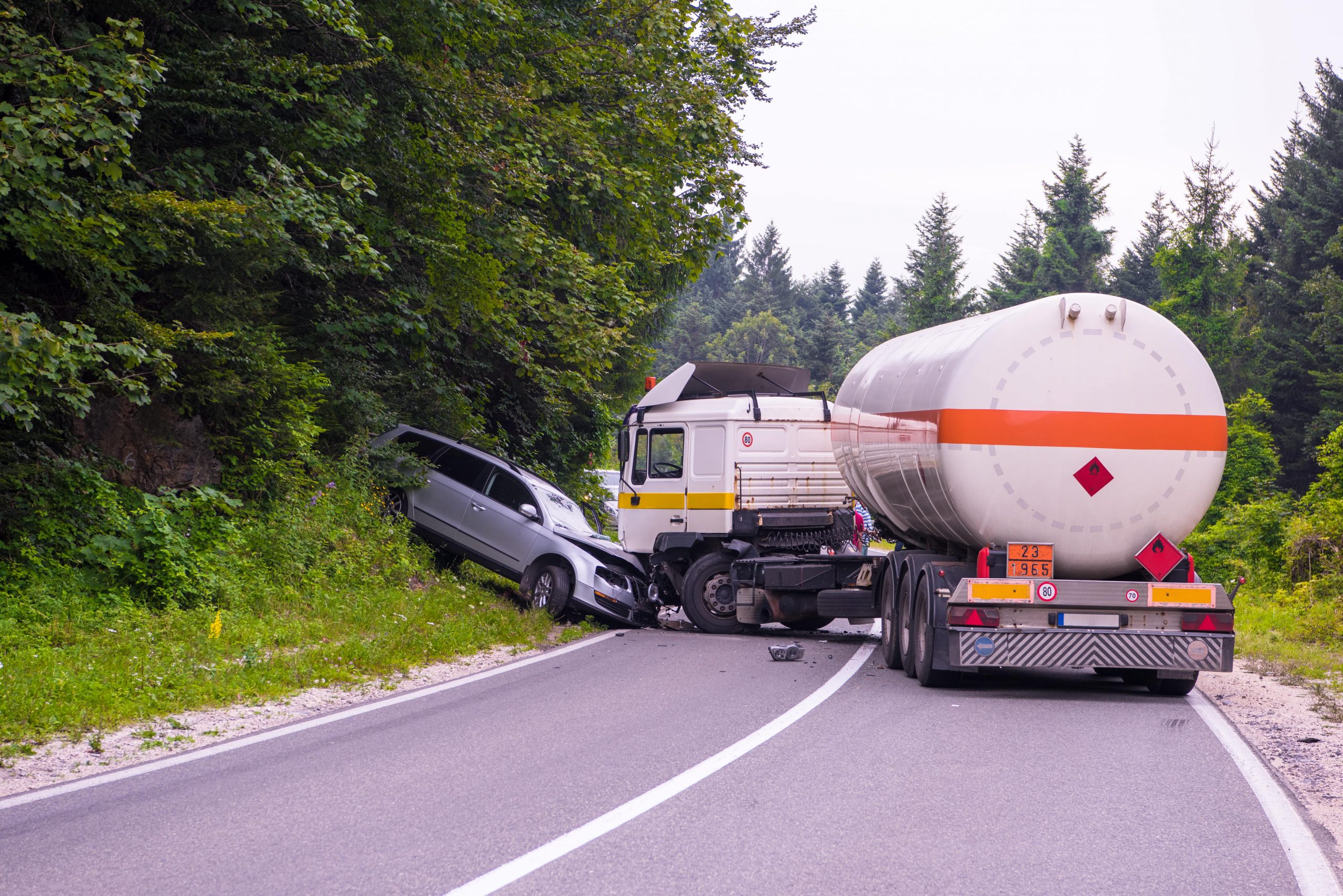
Free Consultation(203) 447-0000

Free Consultation(203) 447-0000

Winning a truck accident lawsuit comes down to gathering evidence soon after the accident, determining the cause of the accident, researching state and federal trucking regulations, selecting the right defendant, and presenting your case persuasively at trial with the aid of an experienced trial lawyer.
When it comes to truck accidents, the statistics are grim. Every year in the US, about a half million accidents occur that involve commercial vehicles, most of them trucks. The total carnage amounts to over 130,000 injuries and 5,000 deaths. Shockingly, truck drivers themselves account for only about two percent of total fatalities – the other 98 percent are occupants of the non-commercial vehicle involved in the accident.
The advice of the ancient Chinese warfare strategist Sun Tzu is relevant here: “Every battle is won or lost before it is ever fought.” A trial is a war, and the best way to win is to prepare thoroughly and thoughtfully. A favorable judgment is not enough. To really win, the amount awarded must be enough to fully compensate you.
Take the following steps immediately following a truck accident, to the extent that your condition allows. Of course, if you are seriously injured, you might not be able to take any of these steps.
If you were injured in the accident and were unable to gather all of the information mentioned above, do your best to obtain it soon after the accident or have someone else do it for you (your lawyer, for example). Other evidence that you will likely need includes:
The foregoing is only a partial list of evidence that may be useful to you.
In many cases, the cause of the accident is obvious, while in many cases, it isn’t. If you are having problems pinpointing the cause of the accident, you might want to hire an accident reconstruction expert to apply the laws of physics to the evidence you have gathered to determine the exact cause of the accident. Once the cause of the accident is clear, it is normally easy to determine whose fault it was.
The following are some (but not all) of the most common types of truck accidents:
If your investigation into the cause of the accident reveals that it was partially your fault, you might still be able to recover damages. Under Connecticut comparative fault law, you can still recover damages as long as the accident was mostly the other driver’s fault, although your damages will be reduced in proportion to your percentage of fault.
Connecticut recognizes the concept of negligence per se, which means that, if you can establish that the truck driver violated a federal trucking regulation or a Connecticut trucking regulation, he will be considered automatically negligent. Once you prove that the truck driver was negligent, all you will have left to prove in order to win is (i) you suffered damages and (ii) your damages were directly caused by the truck driver’s negligence.
The following are the most likely candidates for defendant in a truck accident case:
Filing a lawsuit requires you to submit certain carefully prepared documents, for which you will probably need an experienced truck accident attorney. Every sentence in a formal lawsuit complaint carries consequences, not all of which are obvious. Several weeks or even longer are likely to elapse between filing the lawsuit papers and the date of the actual trial, and during this period, you can seek an out of court settlement.
Truck accidents are very often fatal. If someone was killed in the accident, the executor of the deceased victim’s probate estate, appointed by the probate court, can file a wrongful death claim. Damages are distributed to the estate itself for distribution to estate beneficiaries and to close family members of the deceased.
The discovery process can take place only after a lawsuit has already been filed. In discovery, you can question the defendant under oath (and he can question you), and each of you can demand evidence that is in the possession of the other. If the other party refuses to cooperate, the requesting party can apply for a court order compelling the other party to cooperate.
For trial, you will need to prepare numerous evidentiary exhibits, perhaps hire an expert witness such as an accident reconstruction specialist, and present a persuasive case to the jury. Your best bet is to retain a law firm like Berkowitz Hanna, which enjoys a strong track record of victory in court. Your case needs to be clear, concise, easy for the jury to understand, and backed up by admissible evidence.
If you have been hurt in a truck accident, or if your loved one died that way, and if you even suspect that the accident may have been mostly the truck driver’s fault, contact Berkowitz Hanna by telephone at one of our offices in Stamford, Bridgeport, Danbury, and Shelton; or simply contact us online. Either way, we can schedule you a free initial consultation to discuss your case.
We serve clients throughout the state of Connecticut.
Berkowitz Hanna
